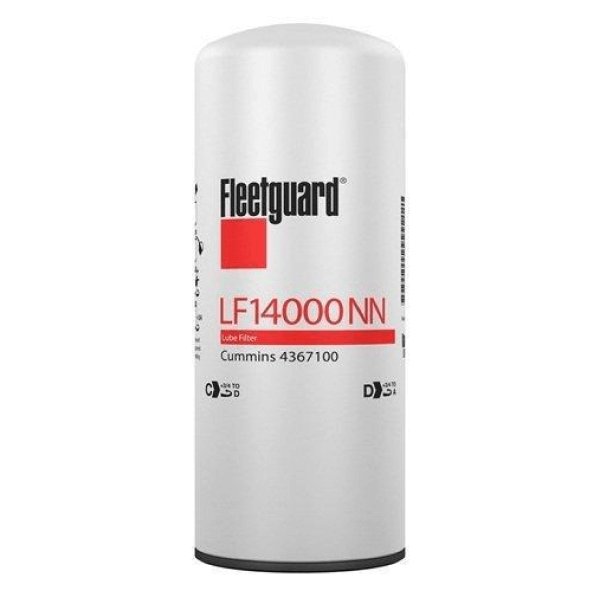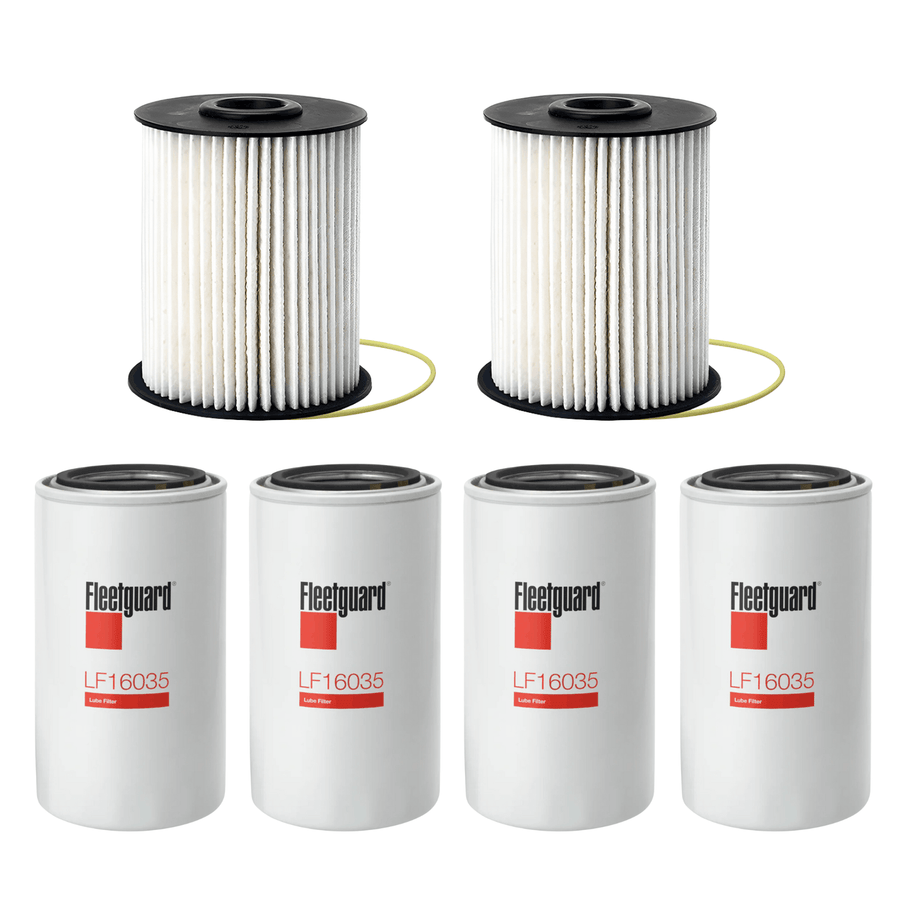Oil Filters
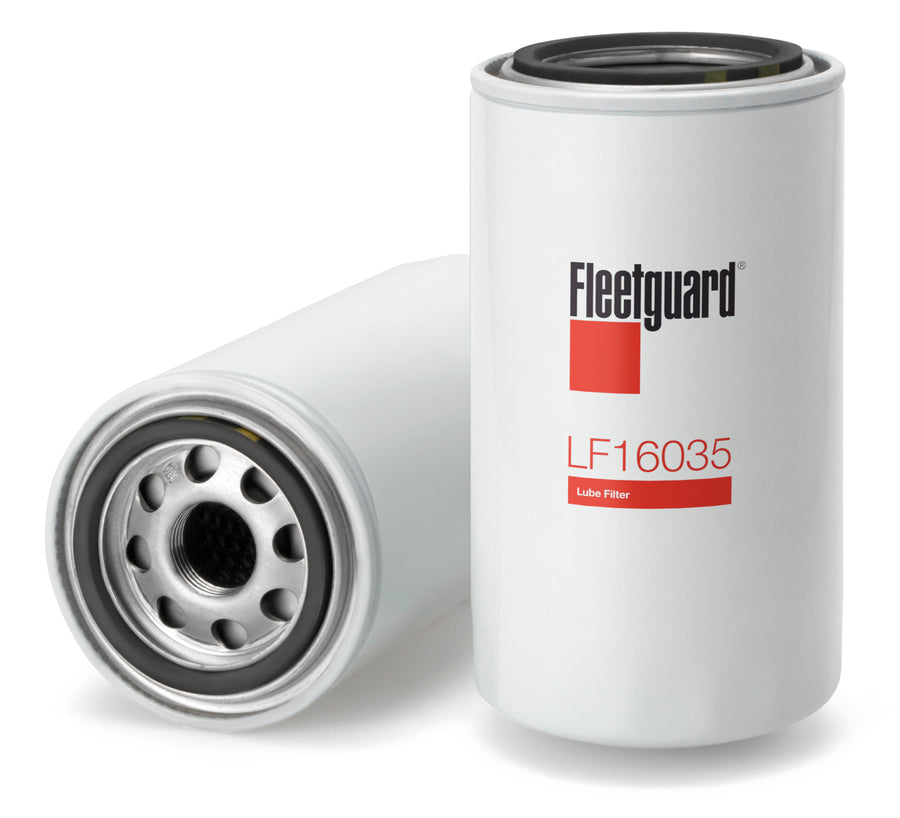
(10)
Fleetguard LF16035 Stratapore Oil Filter
- Fleetguard Atmus Filtration Technologies
$19.45
$32.41
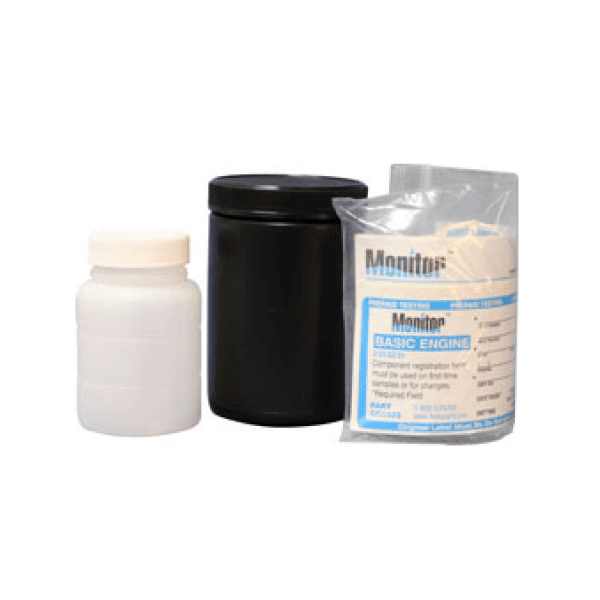
(10)
Fleetguard CC2525 Oil Sample Kit | Atmus Filtration
- Fleetguard Atmus Filtration Technologies
$26.98
$38.38
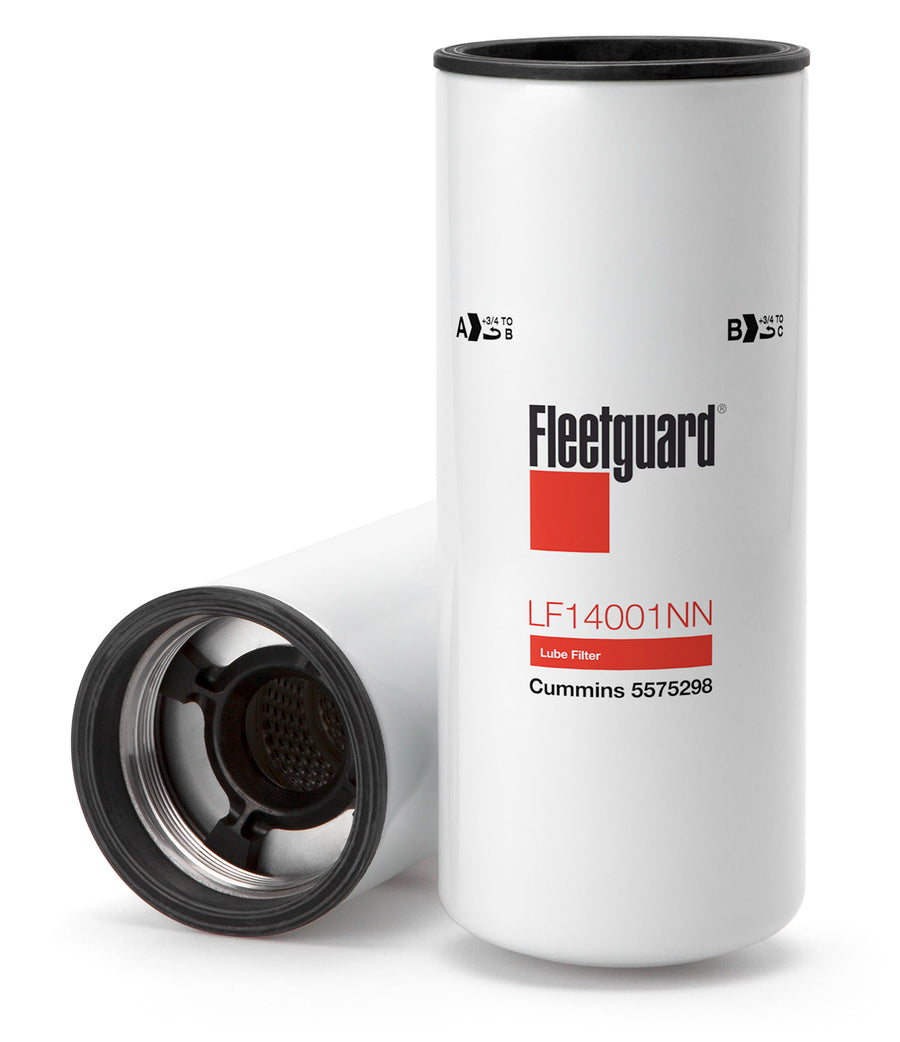
(7)
Fleetguard LF14001NN Cummins Lube Filter
- Fleetguard Atmus Filtration Technologies
$67.85
$102.01
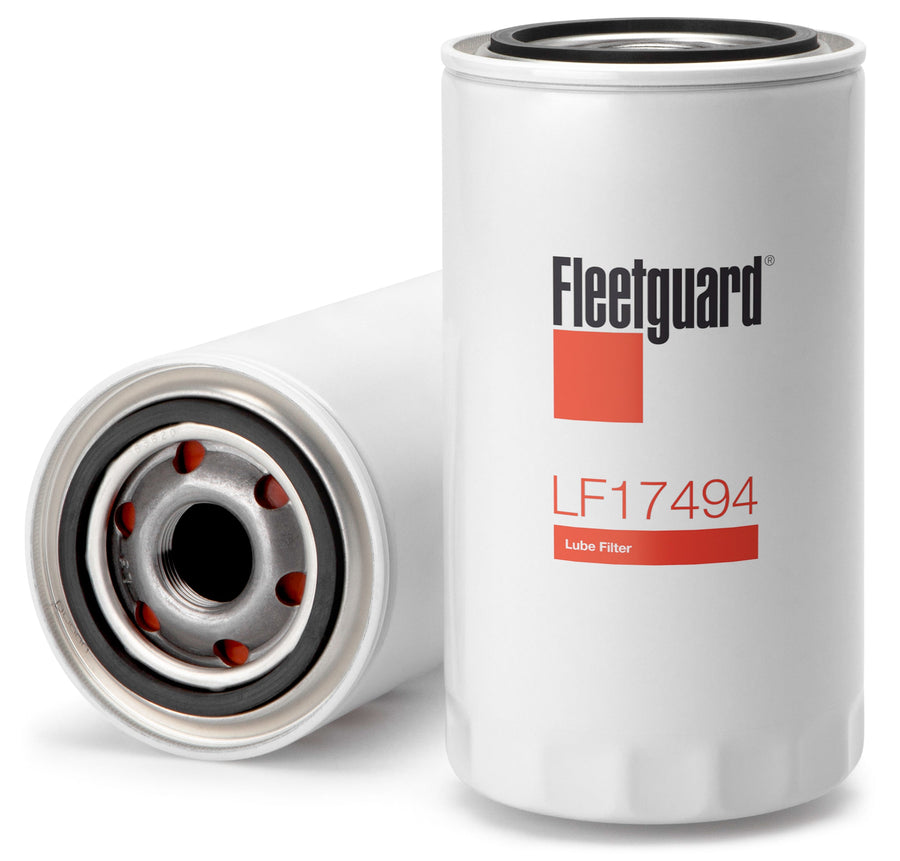
(5)
Fleetguard LF17494 Oil Filter 2011-2024 Ford 6.7L Powerstroke
- Fleetguard Atmus Filtration Technologies
$26.98
$42.80
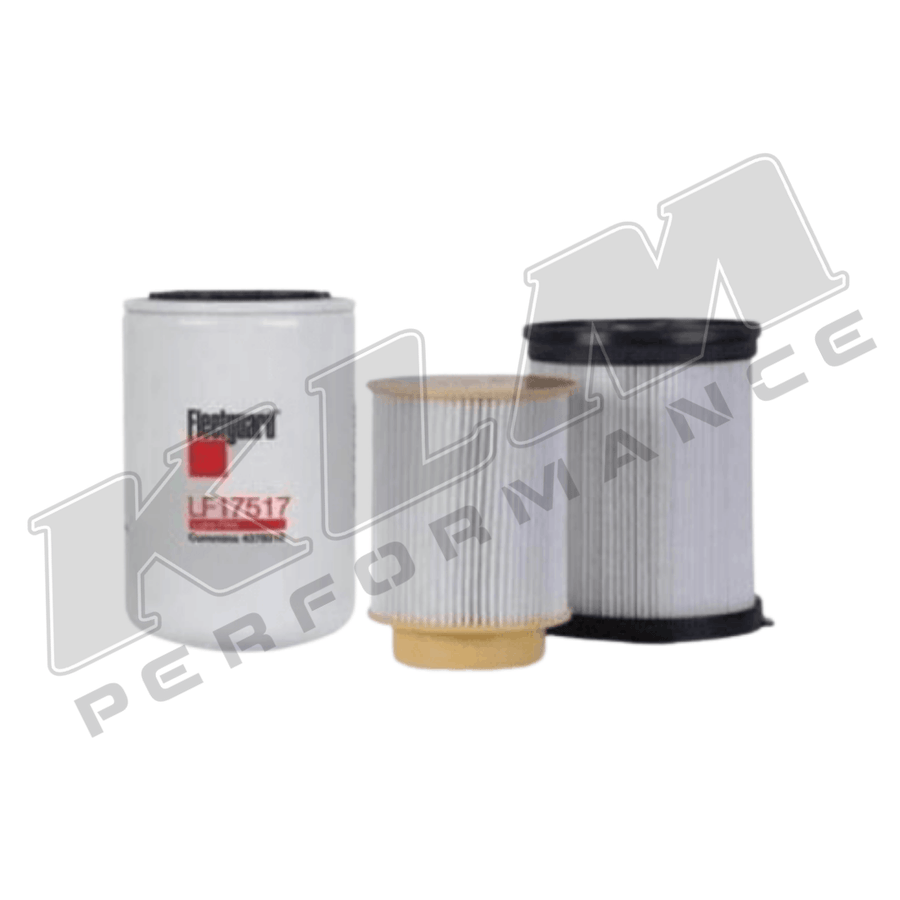
(16)
5.0L Cummins Nissan Titan XD Fuel & Oil Filter Kit
- Fleetguard Atmus Filtration Technologies
$156.98
$198.94

(9)
Fleetguard 2013 to 2018 Ram 6.7L Cummins Oil Fuel Filter Kit
- Fleetguard Atmus Filtration Technologies
$188.98
$287.23

(5)
Fleetguard LF16102 6.6L Duramax 6.6L V-8 L8T Engine Oil Filter
- Fleetguard Atmus Filtration Technologies
$13.75
$21.29
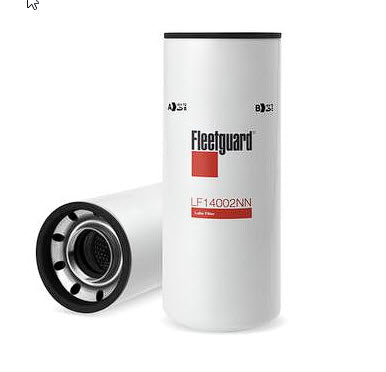
(3)
Fleetguard LF14002NN Nanonet Lube Filter
- Fleetguard Atmus Filtration Technologies
$72.85
$110.56
Showing
1
of
3






